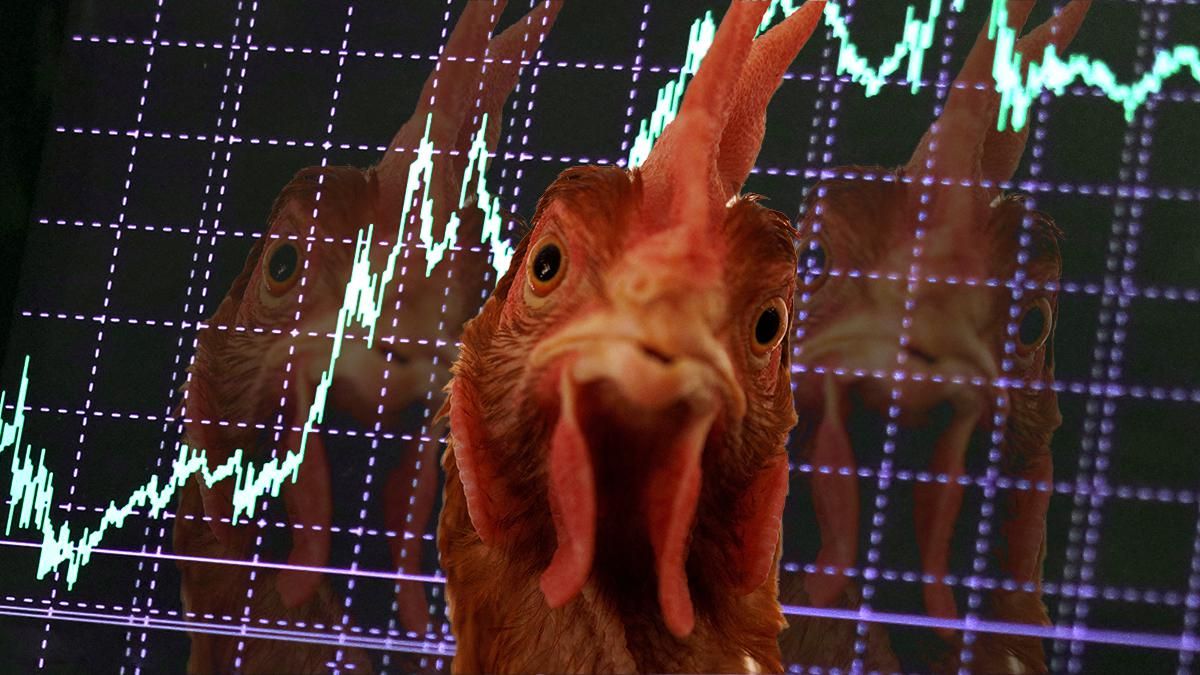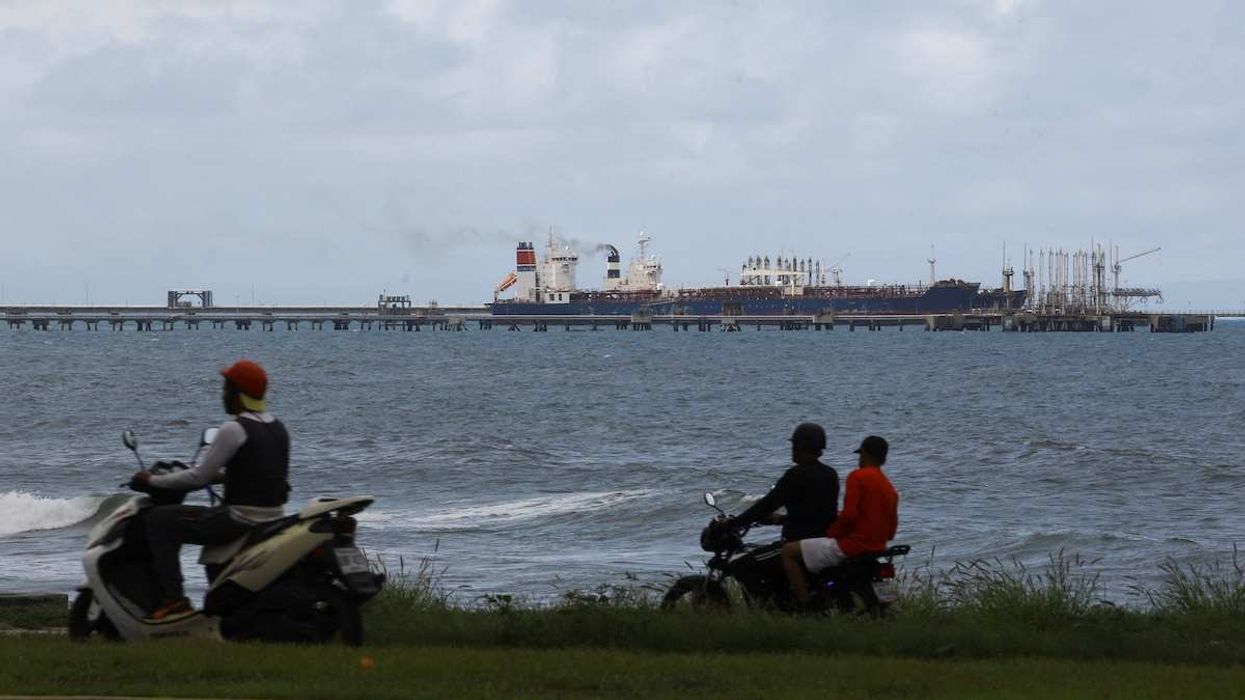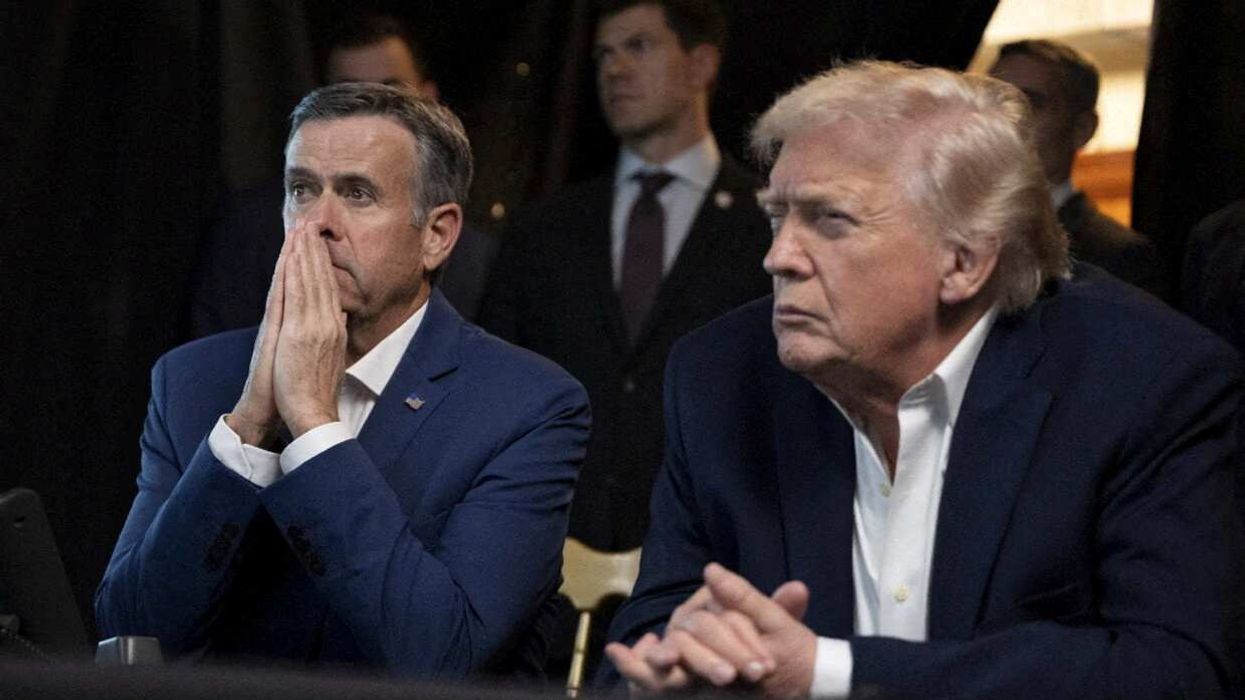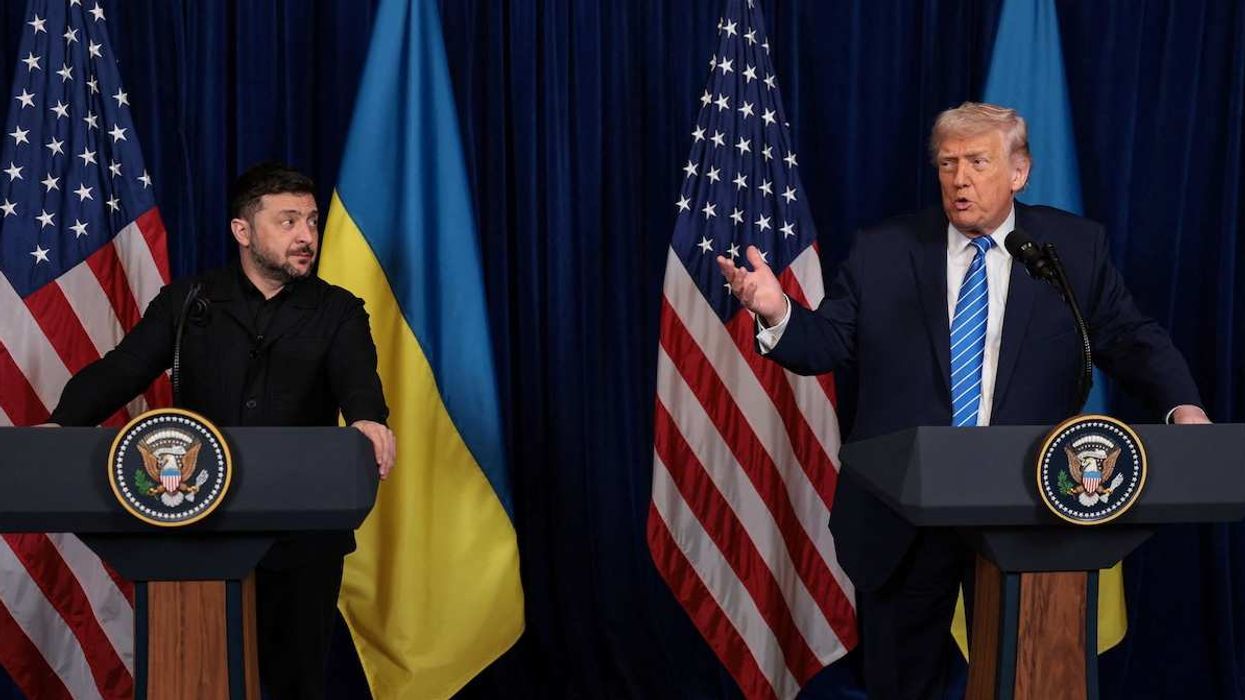First, it was Indonesia with palm oil, then India with wheat. This week, Malaysia joined a growing list of countries nationalizing food supplies by suspending exports of live chickens to cool down soaring local prices that have skyrocketed since Russia invaded Ukraine.
The ban has ruffled feathers in next-door neighbor Singapore, which buys almost all of its live birds from Malaysia. Notoriously food-snobbish Singaporeans say you cannot prepare Hainanese chicken rice — the country’s beloved de-facto national dish — with frozen hens from Brazil, lah.
It’s gotten political, too. “This time it is chicken, next time it may be something else,” PM Lee Hsieng Loong said in a not-so-thinly-veiled swipe at Malaysia soon after the ban was announced.
How did we get here? Malaysian poultry prices started creeping up in late 2021 due to higher feed costs and a weak ringgit, which makes imports more expensive.
By the time government stepped in, capping prices and removing import duties on feed earlier this year, it was too late. The war had already jacked up the cost of the main ingredient in chicken feed: grains like corn and sunflower.
Malaysia had run out of options, says Yeah Kim Leng, professor of economics at Sunway University in Kuala Lumpur. The rising costs, combined with price controls and hard-to-get subsidies, were simply putting too many chicken growers out of business.
But food protectionism always makes things worse. Export bans, he explains, are "very disruptive and will have long-term implications" — they destroy productive capacity by shutting down farms that become unprofitable, even if the suspension is short-lived, because agribusiness margins are razor-thin, "which is the opposite of what the [Malaysian] government is trying to do."
What's more, Yeah says that hoarding ultimately imperils global food security, as more countries aiming for self-sufficiency make food more expensive for everyone in the long run.
Meanwhile, chicken is getting more expensive everywhere, with no end in sight. UK supermarkets fear that it could soon become more expensive than beef because feed accounts for roughly 70% of the input cost of poultry, making it highly vulnerable to shortages and price swings. The feed itself is in short supply due to a string of bad harvests from climate change-induced droughts and floods, a surge in post-COVID demand, and, of course, the war.
Also, poultry is the low-cost protein staple in many of the world’s poorest countries, where people — unlike wealthy Singaporeans — just can't choose to eat other meats, fish, or tofu when fresh chicken is unavailable.
So, what, if anything, can we do about it? Not much in the near term, says Hilary Ingham, an economics lecturer at Lancaster University. You can make feed from alternative raw materials — including, we kid you not, fish excrements. But none are as good as grains, which means the animals will take longer to fatten up, slashing profit margins for growers and pushing up prices for consumers.
Another way to ease the pain on consumers is to give them cash to offset the higher cost of living, but generous subsidies are out of reach for governments in the developing world. And you can always just grow more of what you need (for instance, the EU is looking to allow farmers to plant crops for livestock feed in fields normally set aside for environmental purposes).
Still, anything that might make a difference will take time, says Ingham — as will fixing global systems exposed as more vulnerable to external shocks than we thought.
Or perhaps we could all just eat less meat. That would definitely free up a lot of the world's cropland, one-third of which is now used to grow food for the animals we eat.
Would you go vegan if chicken becomes a luxury item? Let us know here.This comes to you from the Signal newsletter team of GZERO Media. Subscribe for your free daily Signal today.



















